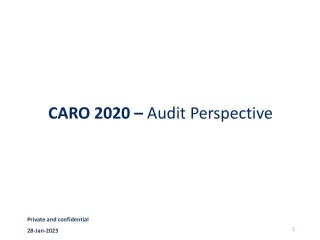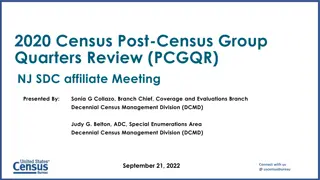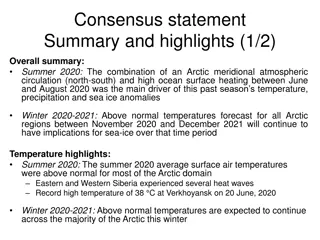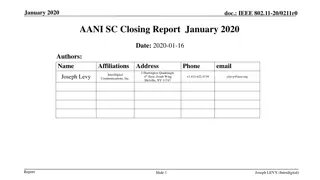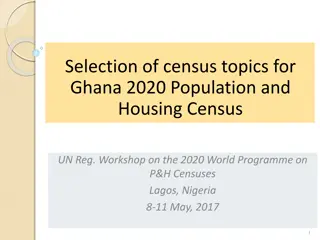
Prefixes in Word Building
Explore the concept of prefixes in word building with examples like un-, il-, im-, and ir-. Learn how prefixes change the meaning of words by being placed before the root. Discover rules for using common prefixes to create new words. Enhance your vocabulary and understanding of language structure.
Download Presentation

Please find below an Image/Link to download the presentation.
The content on the website is provided AS IS for your information and personal use only. It may not be sold, licensed, or shared on other websites without obtaining consent from the author. If you encounter any issues during the download, it is possible that the publisher has removed the file from their server.
You are allowed to download the files provided on this website for personal or commercial use, subject to the condition that they are used lawfully. All files are the property of their respective owners.
The content on the website is provided AS IS for your information and personal use only. It may not be sold, licensed, or shared on other websites without obtaining consent from the author.
E N D
Presentation Transcript
WORD-BUILDING: PREFIXES By:Asst. Prof. Muayad R. Habib / Dept. of English / Headway University / Level 2 For All MA At The Dept. of Physical Education & Sport Sciences / College of Basic Education / Al-Mustansyriah / Apr. 2
WHAT IS A PREFIX ? A PREFIX IS A GROUP OF LETTERS PLACED BEFORE THE ROOT OF A WORD FOR EXAMPLE THE WORD UNHAPPY CONSISTS OF THE PREFIX UN- (MEANS MOT ) COMBINED WITH THE ROOT (STEM) HAPPY , / THE WORD UNHAPPY MEANS NOT HAPPY . (( PERFIX + WORD = NEW WORD )) un-in-il- im-ir-
RULES ? 1. (un-) = unexpected ; unhurt ; 1.( il- ) is used with words beginning uncomfortable ; with . (L) unimportant 2. ( im- ) is often used with words .2. (in-) = inappropriate ; indirect beginning with (m) and (P) indirect ; inexperienced ; 3. (ir-) is used with words beginning 3. (ir-) = irregular ; irrelevant with ( r ) . . 4. (il-) = illegal 5. ( im- ) = immature; impatient ; impersonal ; immobile

